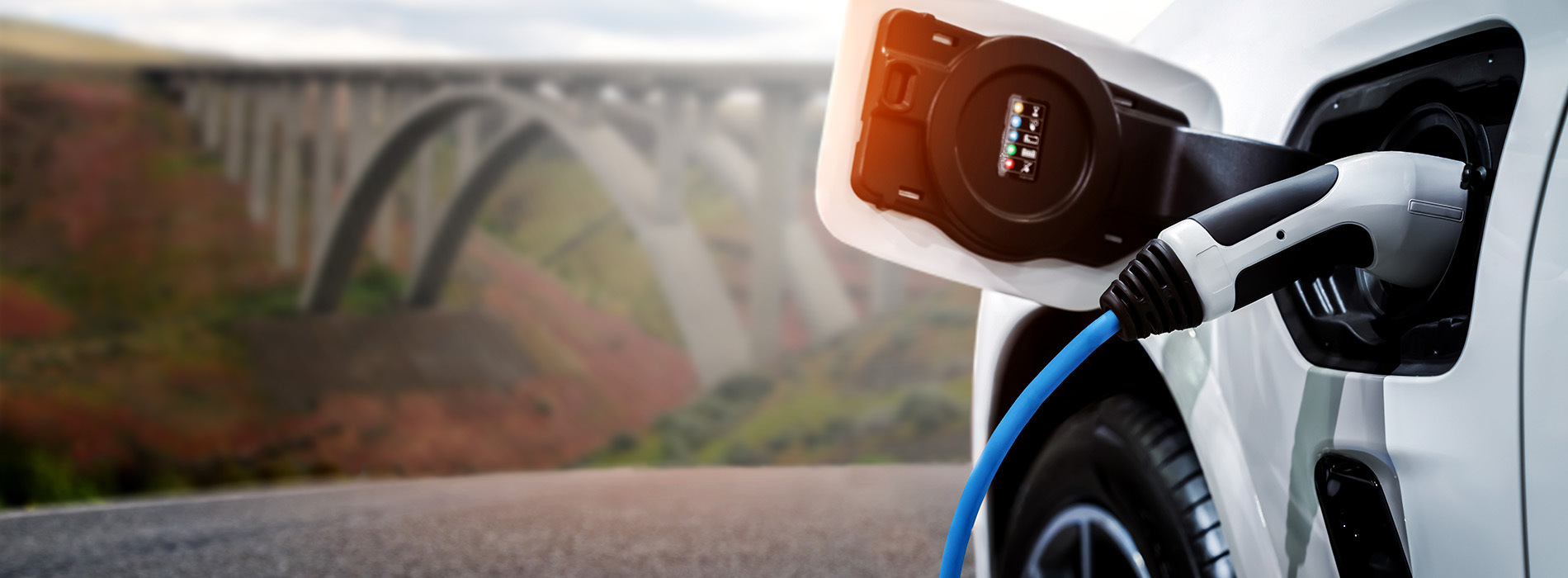New Developments in EV Charging: How the Market Is EVolving to Fulfill Need
As the electrical lorry (EV) market continues to expand, the charging framework is undertaking substantial makeovers to resolve the rising demand. The implications of these improvements elevate crucial questions regarding the future of EV billing and its duty in the more comprehensive energy community.
Development of Charging Infrastructure
The quick growth of electrical lorry (EV) billing facilities is a critical element in facilitating the extensive fostering of electrical movement. As federal governments, private firms, and consumers increasingly identify the value of lowering carbon discharges, investments accountable networks have actually risen. This framework development is important to minimize array stress and anxiety, ensuring that EV individuals have practical accessibility to charging stations.
Considerable innovations accountable terminal technology and implementation methods have actually arised. Urban areas are seeing a proliferation of public charging terminals, while country areas are progressively being incorporated right into the billing network. Partnerships between vehicle manufacturers and billing companies are becoming much more usual, assisting in the establishment of detailed networks that improve customer experience and accessibility.
Additionally, the assimilation of eco-friendly energy sources into charging terminals is obtaining energy, promoting sustainability in the EV environment. This change not just supports ecological goals however also aligns with the climbing demand for environment-friendly power options among customers.
Ultra-Fast Charging Technologies
Ultra-fast charging modern technologies represent a considerable leap ahead in the EV billing landscape, making it possible for electrical lorries to recharge in a portion of the time contrasted to traditional billing techniques. These innovations normally provide power degrees surpassing 150 kW, with some systems rising to 350 kW or more, considerably reducing billing times to just 15-30 minutes for a substantial cost.
Secret enabling technologies include advancements in battery chemistry, power electronics, and thermal administration systems. For example, high-capacity batteries with enhanced thermal stability enable for faster charging without overheating. In addition, developments in charging framework, such as liquid-cooled wires and modular charging terminals, assist in efficient power transfer, boosting the overall customer experience
Significant automotive producers and innovation firms are proactively buying ultra-fast billing networks, recognizing the crucial function they play in getting over variety anxiety and increasing the fostering of electrical cars. As these technologies become extra commonly available, the EV market is expected to witness substantial growth, making electrical movement a much more eye-catching choice for consumers. In general, ultra-fast charging innovations are pivotal fit the future of lasting transport, leading the way for a much more substantial and reliable charging environment.
Smart Grid Assimilation

With demand reaction techniques, wise grid systems can readjust charging routines based upon grid conditions and power pricing. For example, throughout periods of high demand, charging can be postponed to off-peak hours, causing lower prices for customers and minimized stress on the grid. Additionally, vehicle-to-grid (V2G) modern technologies allow EVs to discharge energy back into the grid, giving secondary services and boosting grid stability.
Assimilation with renewable power sources even more enhances the sustainability of EV charging. By aligning billing tasks with periods of high solar or wind generation, smart grids advertise a greener charging facilities. Eventually, smart grid assimilation like it not just supports the expanding need for EVs but additionally adds to an extra sustainable and resilient energy future, positioning the industry for lasting success.
Battery Innovations
In the middle of the rapid evolution of electrical lorries (EVs), battery developments stand at the forefront, driving improvements in sustainability, performance, and efficiency. As the demand for EVs surges, researchers and manufacturers are concentrating on boosting battery innovations to address obstacles such as array stress and anxiety and charging times.
Lithium-ion batteries stay one of the most widely utilized modern technology, yet brand-new materials and chemistries are emerging to boost energy thickness and durability. Solid-state batteries, for instance, promise greater power storage space capacity and improved safety and security by changing liquid electrolytes with strong ones. This change might dramatically decrease the risk of fire and boost the life expectancy of batteries.
Moreover, innovations in battery reusing procedures are critical for sustainability. Firms are creating techniques to recuperate important products like lithium, cobalt, and nickel from used batteries, promoting a round economic situation and minimizing ecological impact.

Worldwide Billing Criteria
Efforts are underway to develop global billing standards that facilitate compatibility among various EV designs and charging stations. Organizations such as the International Electrotechnical Payment (IEC) and the Culture of Automotive Engineers (SAE) are working collaboratively with automobile makers and energy carriers to create detailed standards. EV Charging news. These criteria goal to simplify the billing procedure, decrease the need for multiple adapters, and enhance customer experience
Furthermore, standardization can substantially strengthen the development of the charging network, as it urges financial investment by making infrastructure advancement a lot more effective and predictable. As the EV market matures, a unified method to billing criteria will certainly be crucial for guaranteeing that customers can charge their lorries comfortably and accurately, thereby sustaining the broader change to lasting transport.
Conclusion
The electric automobile charging industry is undertaking substantial improvement to resolve the rising need for lasting transportation. Innovations in billing facilities, ultra-fast innovations, wise grid assimilation, and ingenious battery services are crucial in improving customer experience and functional efficiency.
Urban locations are seeing a proliferation of public billing terminals, while rural areas are progressively being integrated into the billing network. In addition, developments in billing framework, such as liquid-cooled cable televisions and modular billing stations, facilitate efficient power transfer, boosting the total user experience.
Overall, ultra-fast charging technologies are crucial in shaping the future of sustainable transport, leading the means for an extra efficient and comprehensive billing environment. - EV Charging news
By aligning billing activities with durations of high solar or wind generation, wise grids advertise a greener billing infrastructure.Initiatives are underway to establish global billing standards that facilitate compatibility among numerous EV designs and billing stations.